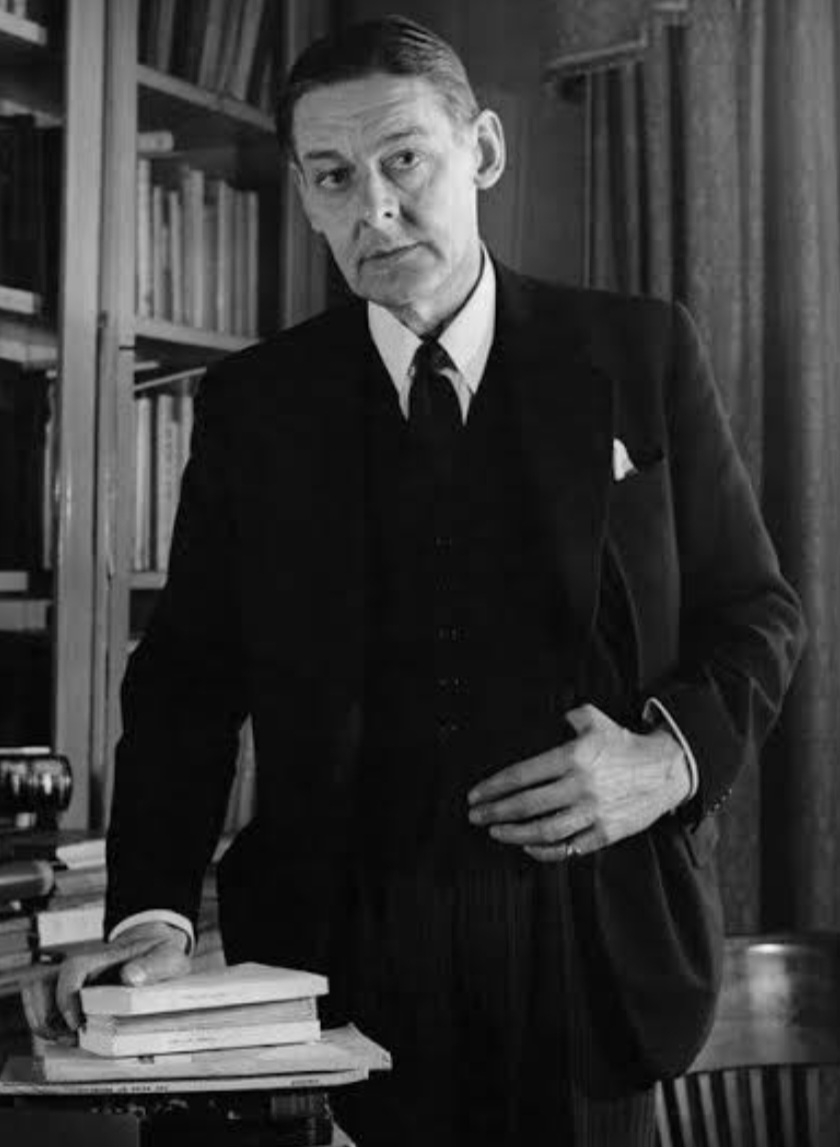Hello readers!!
I am Divya jadav a student of English Department at MKBU. In this blog I will explain the Eliot " Tradition and the Individual Talent" .
👉 T.S.Eliot the great critic.:-
T.S. Eliot was a prominent poet, essayist, and playwright of the 20th century. He was born in 1888 in the United States but later became a British citizen. Eliot's poetry, including works like "The Waste Land" and "The Love Song of J. Alfred Prufrock," revolutionized modernist literature with its complex themes, innovative style, and profound cultural commentary. Beyond his poetry, Eliot's essays, such as "Tradition and the Individual Talent," also significantly influenced literary criticism. He received the Nobel Prize in Literature in 1948 for his immense contribution to literature.
👉T. S . Eliot "Tradition and the Individual Talent":-
Tradition and the Individual Talent" is an essay by T.S. Eliot that was first published in 1919. In this influential piece, Eliot discusses the relationship between tradition and creativity in literature. He emphasizes how an artist's work is shaped by the literary tradition that precedes them and argues that the individual talent of an artist should not be viewed in isolation but in connection to the broader historical and cultural context.
👉What is the relationship between ' Traditiona' and Individual Talent ' according to the Eliot:-
In "Tradition and the Individual Talent," T.S. Eliot explores the dynamic relationship between tradition and the creative process. He argues that genuine artistic creation involves a profound engagement with the cultural and literary tradition that precedes the artist. According to Eliot, the poet must be aware of and connected to the literary heritage, assimilating the collective wisdom of the past.
Eliot introduces the concept of the "historical sense," emphasizing the importance of understanding literary history to produce meaningful work. He contends that the poet's mind is a medium where past and present intersect, and true originality arises from a conscious and transformative interaction with tradition.
Free
👉 Explain honest criticism and sensitive appreciation are directed not upon the poet but upon the poetry:-
In T.S. Eliot's essay "Tradition and the Individual Talent," he argues that honest criticism and sensitive appreciation should be directed towards the poetry rather than the poet. Eliot emphasizes the importance of considering poetry as an ongoing tradition, where each new work contributes to and transforms the existing body of literary work.
According to Eliot, the poet's personality and emotions should not overshadow the poetic creation. Honest criticism involves objectively analyzing the artistic elements, form, and style of the poem. Sensitive appreciation, in Eliot's view, means understanding and valuing the poem for its unique contribution to the broader literary tradition, recognizing how it connects with and alters the existing cultural and artistic context.
By focusing on the poetry rather than the poet, Eliot encourages a more objective and forward-looking approach to literary evaluation, emphasizing the continuous evolution of poetic expression within a larger historical and cultural framework.
👉How would you like to explain Eliot 's theory of ' depersonalization' you can explain with the help of chemical reactions in the presence of catalyst agent ,platinum :-
T.S. Eliot's theory of depersonalization in poetry suggests that poets should distance themselves from personal emotions and experiences. This detachment allows them to adopt a more objective and universal perspective, creating works that resonate beyond individual sentiments and speak to broader human experiences. It emphasizes a shift from the intensely personal to a more impersonal and timeless expression in literature.
👉 Explain ' poetry is a not turning loose of emotions , but an escape from emotion ,it is not an expression of personality write two of points one can which one can which the critique of T. S. Eliot as a critic:-
1)Objective Detachment:
T.S. Eliot, as a critic, emphasizes the idea that poetry should not be a mere outpouring of raw emotions but rather an escape from excessive emotional subjectivity. He advocates for a more objective and detached approach to poetry, where the poet transcends personal feelings to create a work with universal significance.
2)Impersonality in Expression:
Eliot challenges the conventional notion that poetry is a direct expression of the poet's personality. Instead, he contends that effective poetry involves a certain level of impersonality, where the poet uses language as a medium to communicate deeper and broader human experiences, distancing the work from being solely tied to the poet's individual emotions.
Thank you
References: ChatGPT




